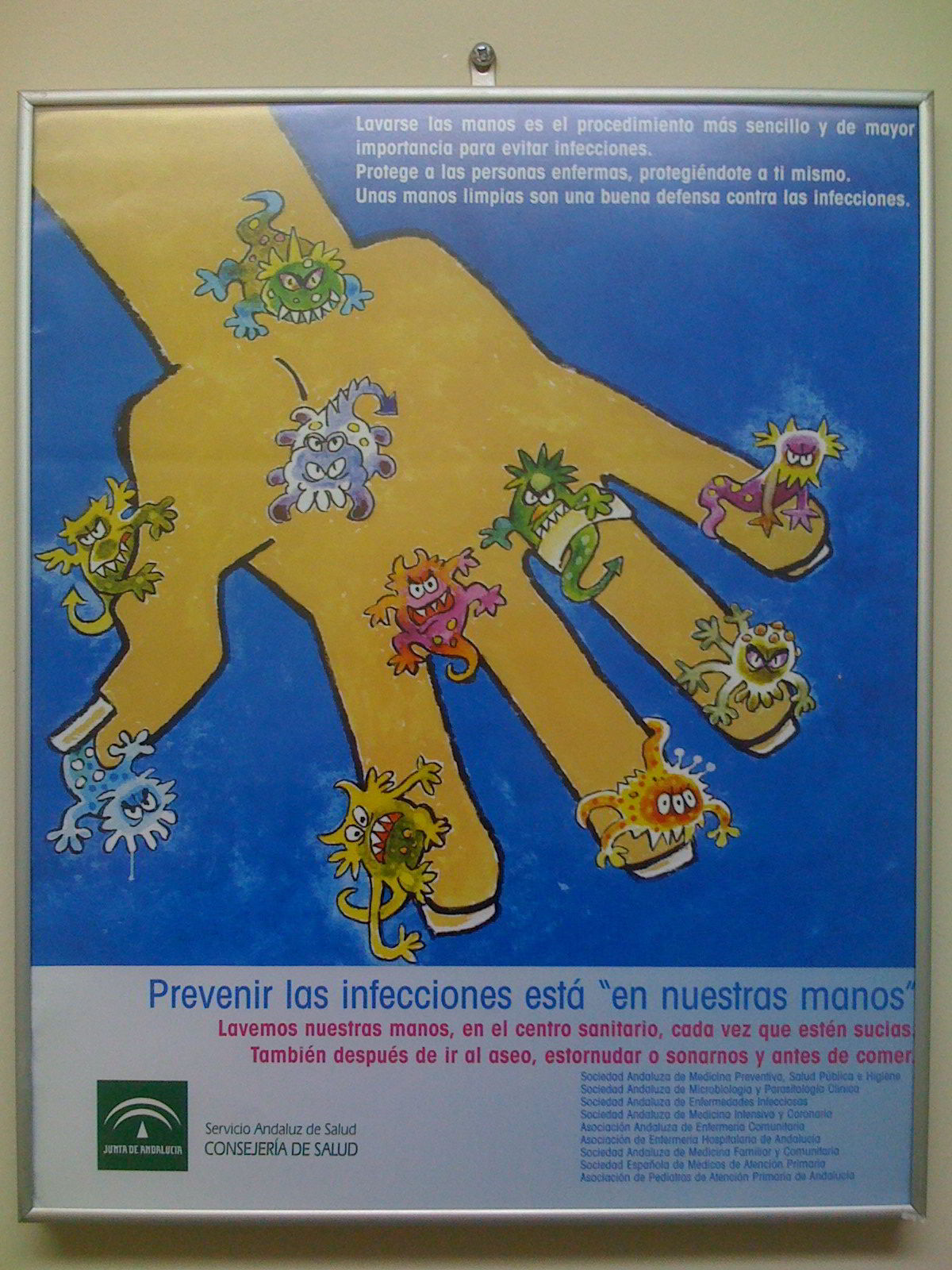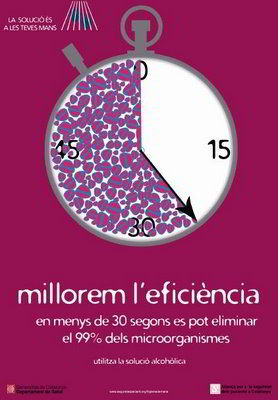Los médicos, como buenos científicos, no sólo estudiamos el origen de la enfermedad y cómo tratarla, sino muchas veces cómo prevenirla. Sin embargo, a veces fallamos a la hora de diagnosticar precozmente y se nos cuelan muchos falsos positivos o verdaderos positivos que no tienen excesiva importancia o valor, de modo que llegamos al sobrediagnóstico y sobretratamiento a pesar de que la intención es buena. Un ejemplo es este extracto que os muestro de un artículo muy interesante ( y largo) leído en Science-Based Medicine.
As a result of the accumulation of evidence suggesting less benefit from mass screening programs than we had hoped and more potential harm than we had feared, the oncology world has been rethinking screening for cancer, in particular for prostate and breast cancer. Clearly, the most problematic cancer to screen for has been prostate cancer, because the common blood test used to detect it, prostate-specific antigen (PSA) is fraught with false positives, leading to morbid surgery (prostatectomy) or somewhat less morbid radiation therapy to treat early lesions that probably would never develop into life-threatening cancer. After all, autopsy series have shown that approximately 75% of men over the age of 80 have small foci of cancer in their prostate glands, but nowhere near 75% of men die of prostate cancer. In other words, more men die with prostate cancer than from it, and most are asymptomatic. That is why the American Cancer Society no longer recommends routine PSA screening.
¿Merece la pena tener a un hombre de 50 años acojonado porque le ha salido el PSA un pelín altito? ¿Y tenerlo acojonado porque ese PSA está altito a pesar de que la ecografía y la biopsia dicen que no se encuentra nada y el tío está como una rosa?



